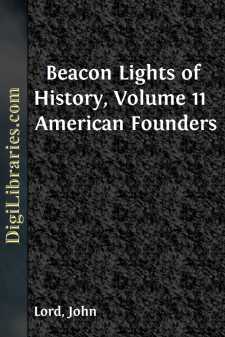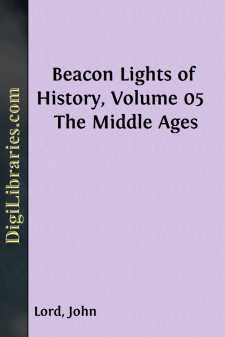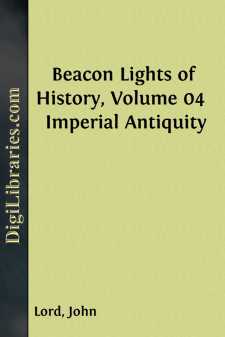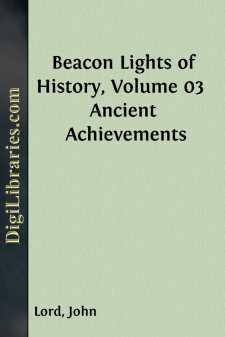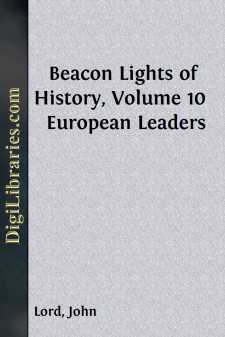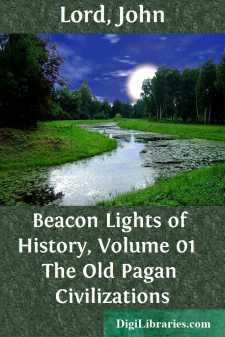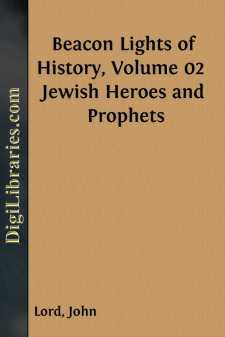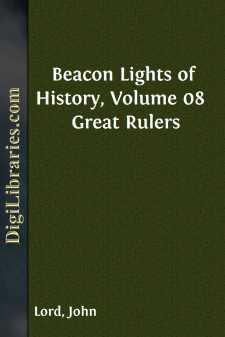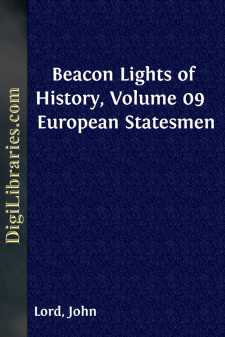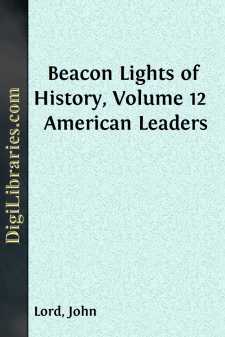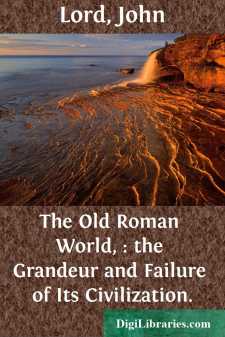Categories
- Antiques & Collectibles 13
- Architecture 36
- Art 48
- Bibles 22
- Biography & Autobiography 813
- Body, Mind & Spirit 142
- Business & Economics 28
- Children's Books 17
- Children's Fiction 14
- Computers 4
- Cooking 94
- Crafts & Hobbies 4
- Drama 346
- Education 46
- Family & Relationships 57
- Fiction 11829
- Games 19
- Gardening 17
- Health & Fitness 34
- History 1377
- House & Home 1
- Humor 147
- Juvenile Fiction 1873
- Juvenile Nonfiction 202
- Language Arts & Disciplines 88
- Law 16
- Literary Collections 686
- Literary Criticism 179
- Mathematics 13
- Medical 41
- Music 40
- Nature 179
- Non-Classifiable 1768
- Performing Arts 7
- Periodicals 1453
- Philosophy 64
- Photography 2
- Poetry 896
- Political Science 203
- Psychology 42
- Reference 154
- Religion 513
- Science 126
- Self-Help 84
- Social Science 81
- Sports & Recreation 34
- Study Aids 3
- Technology & Engineering 59
- Transportation 23
- Travel 463
- True Crime 29
Our website is made possible by displaying online advertisements to our visitors.
Please consider supporting us by disabling your ad blocker.
Beacon Lights of History, Volume 11 American Founders
by: John Lord
Description:
Excerpt
THE AMERICAN CONSTITUTION.
There is one man in the political history of the United States whom Daniel Webster regarded as his intellectual superior. And this man was Alexander Hamilton; not so great a lawyer or orator as Webster, not so broad and experienced a statesman, but a more original genius, who gave shape to existing political institutions. And he rendered transcendent services at a great crisis of American history, and died, with no decline of popularity, in the prime of his life, like Canning in England, with a brilliant future before him. He was one of those fixed stars which will forever blaze in the firmament of American lights, like Franklin, Washington, and Jefferson; and the more his works are critically examined, the brighter does his genius appear. No matter how great this country is destined to be,--no matter what illustrious statesmen are destined to arise, and work in a larger sphere with the eyes of the world upon them,--Alexander Hamilton will be remembered and will be famous for laying one of the corner-stones in the foundation of the American structure.
He was not born on American soil, but on the small West India Island of Nevis. His father was a broken-down Scotch merchant, and his mother was a bright and gifted French lady, of Huguenot descent. The Scotch and French blood blended, is a good mixture in a country made up of all the European nations. But Hamilton, if not an American by birth, was American in his education and sympathies and surroundings, and ultimately married into a distinguished American family of Dutch descent. At the age of twelve he was placed in the counting-house of a wealthy American merchant, where his marked ability made him friends, and he was sent to the United States to be educated. As a boy he was precocious, like Cicero and Bacon; and the boy was father of the man, since politics formed one of his earliest studies. Such a precocious politician was he while a student in King's College, now Columbia, in New York, that at the age of seventeen he entered into all the controversies of the day, and wrote essays which, replying to pamphlets attacking Congress over the signature of "A Westchester Farmer," were attributed to John Jay and Governor Livingston. As a college boy he took part in public political discussions on those great questions which employed the genius of Burke, and occupied the attention of the leading men of America.
This was at the period when the colonies had not actually rebelled, but when they meditated resistance,--during the years between 1773 and 1776, when the whole country was agitated by political tracts, indignation meetings, patriotic sermons, and preparations for military struggle. Hitherto the colonies had not been oppressed; they had most of the rights and privileges they desired; but they feared that their liberties--so precious to them, and which they had virtually enjoyed from their earliest settlements--were in danger of being wrested away. And their fears were succeeded by indignation when the Coercion Act was passed by the English parliament, and when it was resolved to tax them without their consent, and without a representation of their interests....


